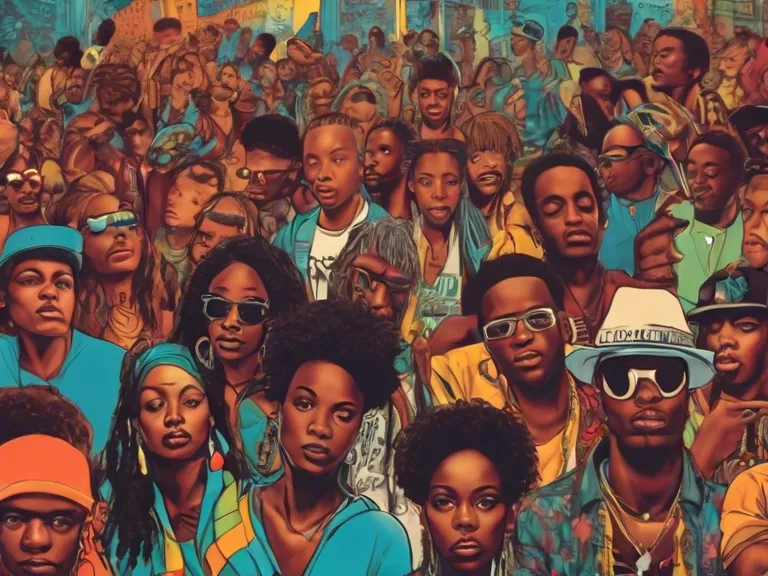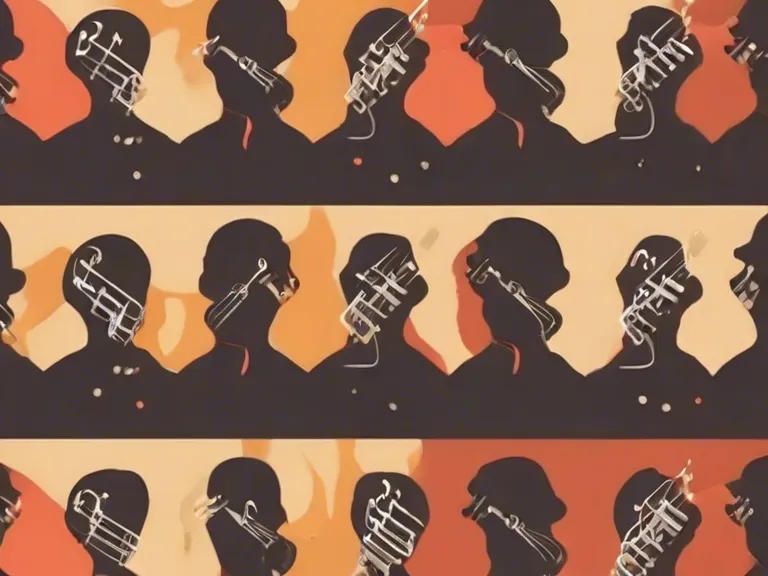
Music has always played a crucial role in shaping societies and reflecting the cultural values of different eras. In recent years, emerging music genres have been making waves in the industry, influencing not only the music scene but also society as a whole. From hip hop to electronic dance music, new genres have captivated audiences and sparked discussions about changing cultural norms. This article explores the cultural impact of emerging music genres on society.
One of the most notable effects of emerging music genres is their ability to give a voice to marginalized communities. Genres like hip hop have provided a platform for artists to share their experiences and shed light on social issues such as racism, poverty, and police brutality. Through their music, these artists have been able to raise awareness and foster dialogue on topics that are often overlooked in mainstream media.
Furthermore, emerging music genres have contributed to the redefinition of gender norms and stereotypes. Artists in genres like K-pop and queercore are challenging traditional notions of masculinity and femininity, paving the way for more inclusive and diverse representations in the music industry. By pushing boundaries and breaking free from stereotypes, these artists are empowering listeners to embrace their own identities and express themselves authentically.
In addition, the globalization of music has been accelerated by emerging genres, allowing for cultural exchange and collaboration on a global scale. Genres like reggaeton and afrobeats have gained popularity outside their countries of origin, influencing mainstream music and introducing audiences to new sounds and perspectives. This cross-pollination of musical styles has enriched the industry and fostered a sense of unity among diverse communities.
Overall, the cultural impact of emerging music genres on society cannot be underestimated. These genres have the power to challenge norms, amplify marginalized voices, and bridge cultural divides. As they continue to evolve and shape the music landscape, it is essential to recognize and celebrate their contributions to our ever-changing world.


